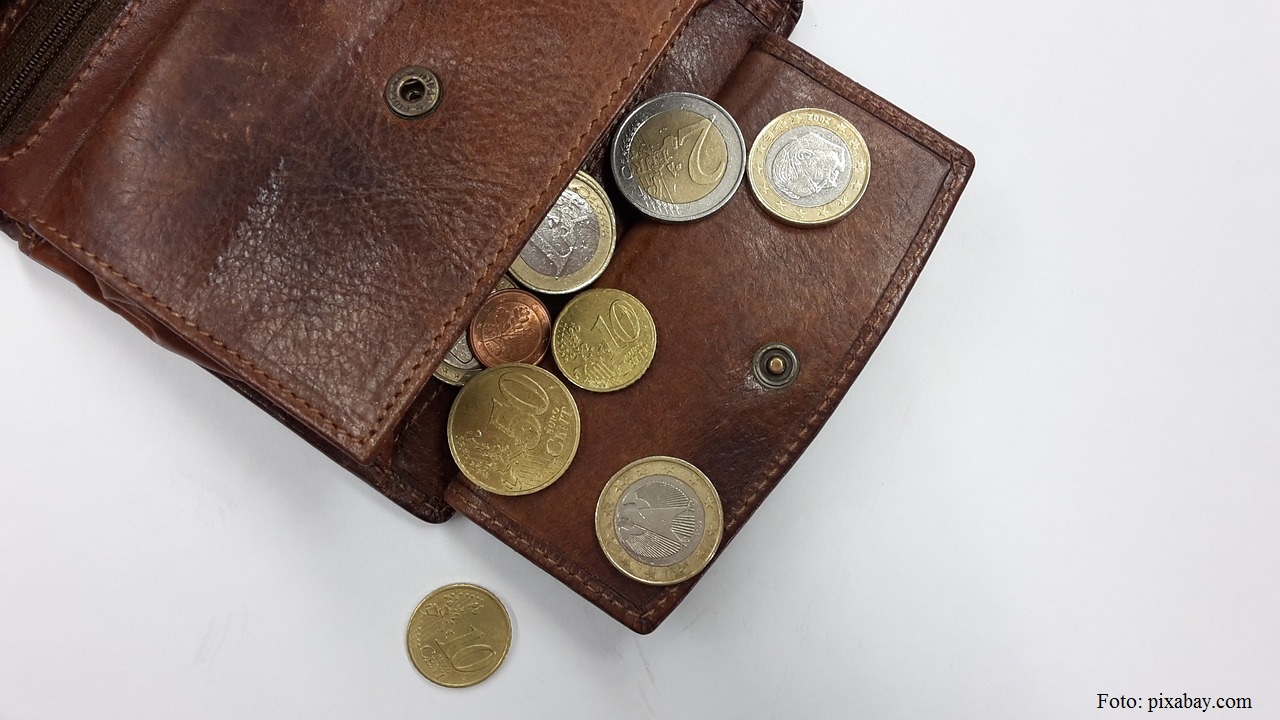The Romanian youth promote the European Union
The European Parliament Information Office in Romania has initiated a project called Promoters for European Democracy.

Christine Leșcu, 16.11.2016, 13:06
Civic involvement is a prerequisite for democracy and
thus should be encouraged from a very early age, all the more so as statistics
have revealed a contradictory trend among Europe’s young people. The
Eurobarometer carried out in April this year showed that across the European
Union, 51% of young people aged between 16 and 30 believe that participation in
the European elections is the most important way for them to get involved in
civic life at European level. However, electoral behaviour points to a rift
between action and words. Only 27.8% of Europe’s young people took part in the
elections for the European Parliament held in May 2014. The aforementioned
Eurobarometer also reveals that 90% of Europe’s youth on average believe it is
important to learn about the European Union and its institutions. As regards
Romania, an encouraging 89% of the respondents agree with this.
In light of this, the European Parliament Information
Office in Romania has decided to meet young people’s wish to learn and get
involved through a project called Promoters for European Democracy. 2016 saw
the second edition of this project, whereby 30 young people, including members
of youth organisations, learn how to draft and implement projects to promote
the common values of European Union’s citizens. The project has received the
support of a number of NGOs such as the ProDemocratia Association and the Group
of the European Youth for Change.
Gabriel
Berzoiu is the general manager of the latter and was involved in the training
of the young promoters. This is what he had to say when the project came to an
end:
During
our initial discussion about the obstacles they may encounter when trying to
implement their ideas, many said the money was the main problem. Later, we held
a creative brainstorming session on ways to eliminate obstacles and set up
local partnerships with key institutions that might help us. Many have
implemented their ideas using all the available resources or those they could
get hold of. I am glad the project is very inclusive. We had promoters from
both rural and small urban communities and could thus reach areas where
information about Europe is hard to access and where people face so many
problems that European information is low on their agenda.
After the initial selection, the young participants
took part in an intensive workshop where they learned about the practical ways
of implementing a project, and then they were requested to actually implement
the respective project in their communities. The topics for this year were May
9, Europe Day, and a European Parliament simulation. After the implementation
stage, the 30 young people were invited to the head office of the European
Parliament in Brussels to see for themselves how the EU legislative body
actually works.
At the end of the project, the 30 participants shared
their opinions with the public during a press conference. Here is
Maria-Madalina Ifrim, a member of the Association for Active Development in
Bacau and a student of the Ferdinand I High School in this eastern Romanian
city:
Together with our teachers and our trainers, we
decided to do a simulation of a European Parliament session in the amphitheatre
of our college. Three classes took part, and we all learned a lot thanks to
this simulation, from the legislative system to the way directives are endorsed
and to the practical application of an idea.
Three democracy promoters from the neighbouring
Republic of Moldova also learned how to get involved in the life of their
community. One of them is Elena Prohnitchi, from the National Anti-Corruption
Student Centre in Chisinau:
There were very important moments during this event.
It was a huge thing for me to see the enthusiasm of my colleagues from the very
first meeting and to see them preserve this enthusiasm up until the end. This
was great motivation for me. We were told from the very beginning about the
risks of implementing our projects, and I discovered other risks as well, but
we learned that we can get even various ministries in Chisinau involved. This
is how we managed to organise two events, in two local high schools. The first
event was a workshop, and it was a little more formal, while the second one,
which was held outdoors, was more popular.
Learning to work as part of a team and overcoming the
reluctance to working with the authorities were the main benefits that the
project Promoters for European Democracy entailed for the participants.
Furthermore, they learned to overcome certain personal limitations, and are
ready to share their experience with those willing to take part in the project
next year. Ionut-Iulian Rotaru, from the Human Rights and Migration Centre in
Bucharest, has three pieces of advice for the new democracy promoters:
Don’t be afraid to make mistakes, don’t be afraid to
put together large projects applicable at a EU level, and try to get out of
your comfort zone, because that’s when really interesting things start to
happen.






























